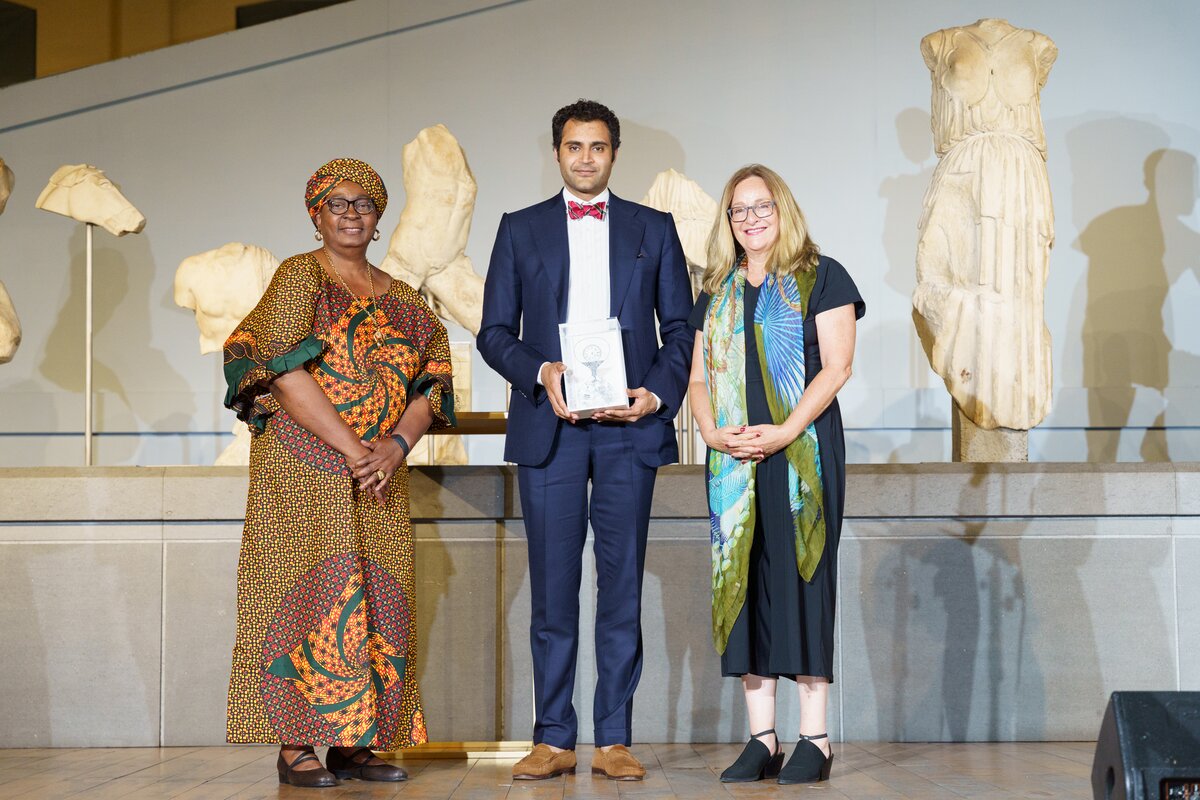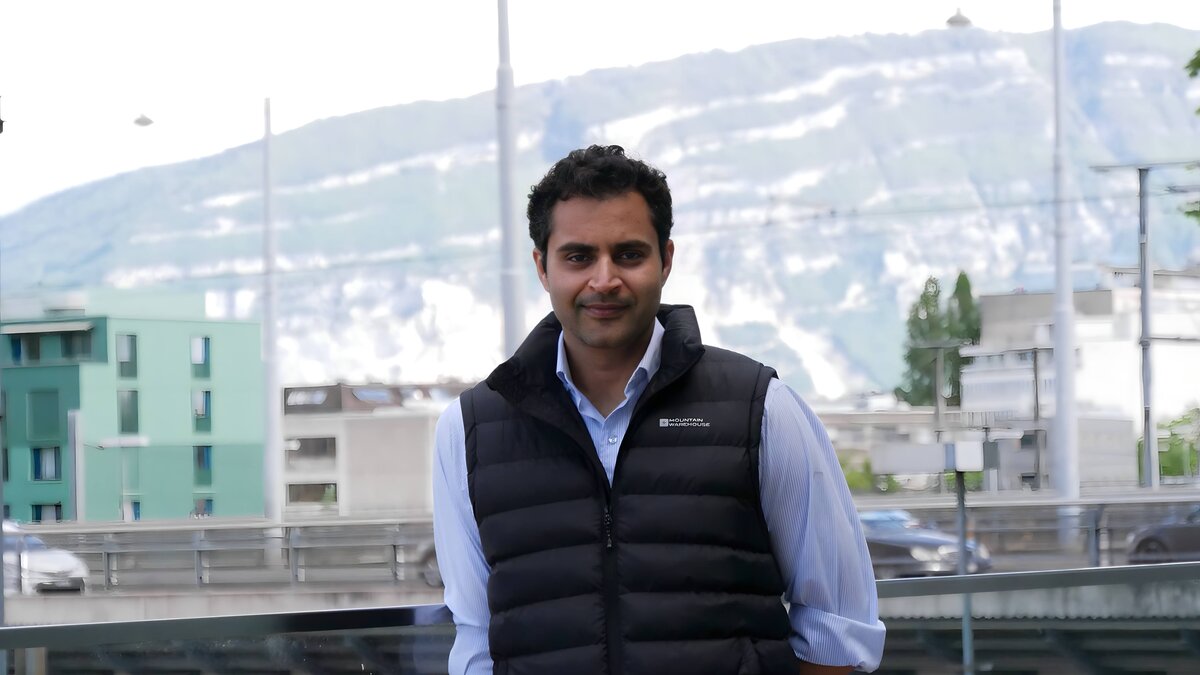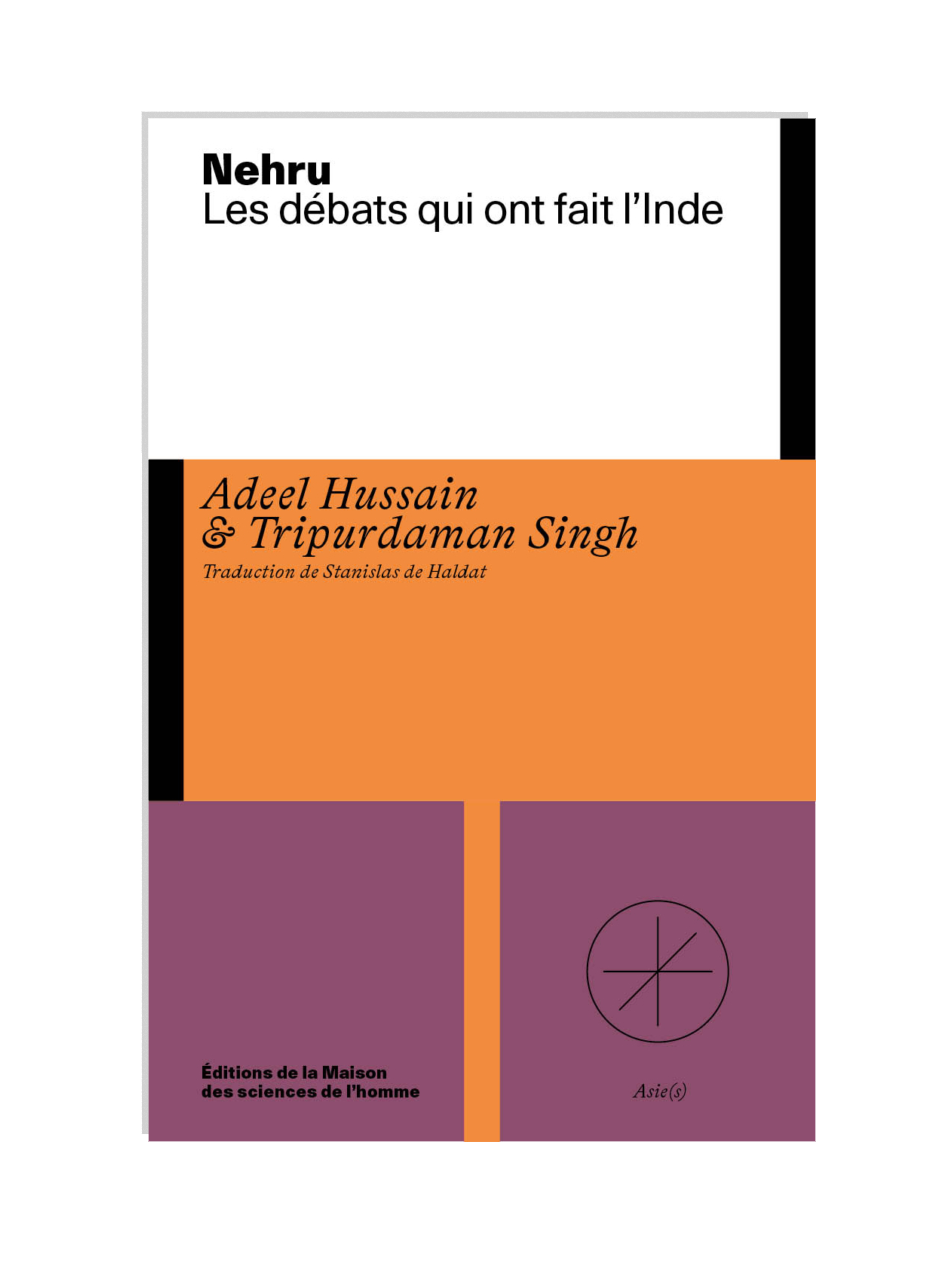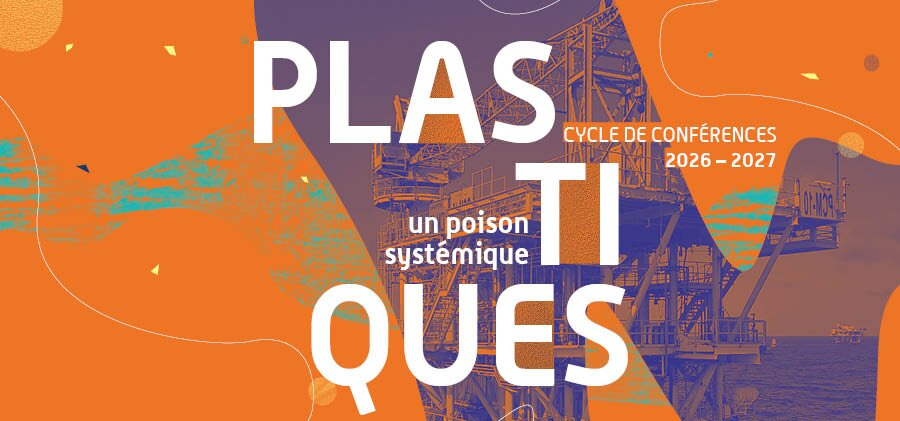Tripurdaman Singh among the winners of the prestigious Dan David Prize

Tripurdaman Singh is awarded the prestigious Dan David Prize that recognizes outstanding scholarship in history. The award acknowledges his extraordinary historical research into the political and constitutional history of South Asia.
Laureate of the 2022 FMSH-IIAS mobility program, Tripurdaman Singh is the author of Nehru: Les débats qui ont fait l'Inde, published in April 2024 by Éditions de la MSH.
Founded in 2000, the Dan David Prize is the largest history prize in the world. Endowed by the Dan David Foundation, the prize recognize the work of historians, art historians, archaeologists, digital humanists, curators, documentary filmmakers and all those who deepen our knowledge and understanding of the past.
The Dan David Prize awards up to nine prizes each year to outstanding early and midcareer scholars and practitioners in the historical disciplines.The Prize is given in recognition of the winners’ contribution to the study of the past and to support their future endeavors.
The founder, Dan David lived through Nazi and Communist persecution in his native Romania before becoming a global business leader and philanthropist. He was passionate about history, archaeology and the study of the past and believed profoundly in the power of knowledge, scholarship and the exchange of ideas to benefit our world. That's why he created both the Dan David Foundation and the Dan David Prize in 2000.

Tripurdaman Singh recevant le prix Dan David 2024
FMSH-IIAS Programme 2022 laureate, Tripurdaman Singh is a historian and writer. His work explores South Asia’s encounter with colonialism, the process of decolonization and the birth of Indian democracy.
After receiving a scholarship from the FMSH, he is currently an Ambizione Fellow at Geneva Graduate Institute in Geneva. He has been a British Academy Postdoctoral Fellow at the Institute of Commonwealth Studies, University of London and has held visiting fellowships at the International Institute of Asian Studies in Leiden, and at the University of Basel.
Singh’s work has also contributed significantly to a reassessment of the early years of India’s democracy and the legacy of Prime Minister Nehru. It has addressed one of the most contentious and consequential moments in Indian history – the First Amendment of the Constitution – and is a major part of the ongoing debate about the constitutional structure of India and the historical antecedents of the mounting crises of civil liberties.

Courtesy of Tripurdaman Singh (FMSH-IIAS mobility programme)

From being elected as Congress president in 1929 till his death in 1964, Jawaharlal Nehru remained a towering figure in Indian politics, a man who left an indelible stamp on the history of South Asia. As a leading light of the nationalist struggle and as India's first and longest-serving prime minister, his ideas shaped the political contours of the country and left an imprint so deep that his legacy continues to be debated furiously today. In life, as in afterlife, Nehru was many things to many people. Going beyond the imposed labels of contemporary discourse, this book illuminates four encounters that Nehru had with contemporaries from across the political spectrum - Muhammad Iqbal, Muhammad Ali Jinnah, Sardar Patel and Syama Prasad Mookerjee - that are critical to understanding his ideas, and his long afterlife and impress on the present. Nehru may no longer be alive to answer his critics today, but there was a time when he pitted himself vigorously against his opponents in the marketplace of ideas, debating the most profound questions in South Asian history and decisively influencing political events. It is this intellectually combative Nehru whom we meet in this book – voicing ideological disagreements, forging political alliances, moulding political opinion, offering visions of the future and staking out the political field - a key figure in the debates that defined India


Index de l'égalité professionnelle 2025

FMSH and the Social Science Research Council Lay the Foundation for International Cooperation

#Restitutions. Another Definition of the World


